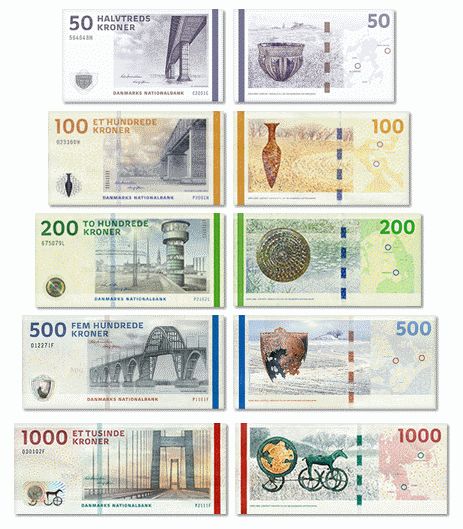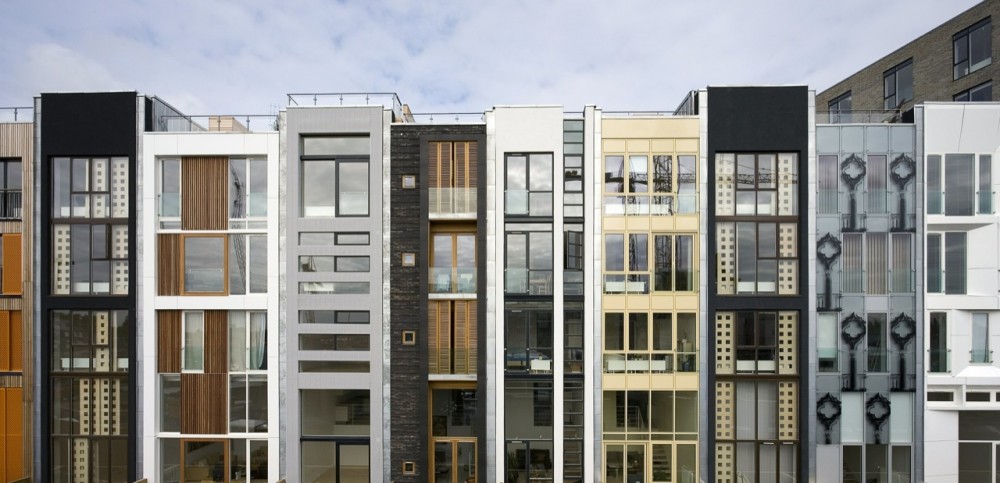(Editor’s note: This guide to renting in Denmark was first posted on Rent Guide. It’s reposted here with the permission of the author.)
By FREDERIK REICHSTEIN
 Starting a life in a new country is never easy, and Denmark is not an exception (at all!).
Starting a life in a new country is never easy, and Denmark is not an exception (at all!).
There are many things that are natural for people who have been living here their entire lives and have friends and family to help them with every day problems such as where the best burger place is, how to get to Legoland and – perhaps more essential – what is important to know when you are renting an apartment in Denmark.
Therefore, we have put together a list of the 5 most important things to know – in our opinion:
-
- Never pay more than DKK 5,000/month for 50 m2
- You can start a case even though you knew it was an unfair offer
- The 2-year limit is a myth
- Different rules for buildings from after 1991
- Want to secure your deposit? Pictures, pictures, pictures – and documentation!
Now, we will explain in a little more detail why these five points are essential knowledge when renting an apartment in Denmark.
1. Never pay more than DKK 5,000/month for 50 m2
 This first one is probably also the most important to know. From the cases we have run, and by talking with our clients, it is very clear that problem No. 1 is that people are paying a rent that is way too high.
This first one is probably also the most important to know. From the cases we have run, and by talking with our clients, it is very clear that problem No. 1 is that people are paying a rent that is way too high.
There are actually regulations in Denmark on how much landlords can charge for a rental apartment. In Copenhagen, you should never pay more than DKK 1,000-1,200/m2 per year. That is the same as maximum DKK 5,000/month for a 50 m2 apartment. This is generally a lot lower outside the big cities.
However, many tenants are not aware of this – and landlords know that – so way too many people are living in apartments that could have the rent lowered by several thousand kroners each month.
Further down, you can read about the different rules if you are living in a new building.
2. You can start a case even though you knew it was an unfair offer
If you are actually aware of the regulations that exist in Denmark and know that the apartment you are being offered is set at a too high a rent, there is no problem for you to accept the offer and then start the case afterward.
That is also the case even though you have signed the contract – if the landlord is demanding a rent that is too high, you always have the right to start a case to lower it. Just remember that if you start the case before you have lived in the apartment for 12 months you get compensated for the overpaid rent for the entire period. After the 12 months, you just lower your rent for the future – which, of course, is also nice!
3. The 2-year limit is a myth
There exists a myth that if you as a landlord don’t rent out your apartment for more than two years, you can always kick out your tenant. This, however, is not correct. As a landlord, you always need a legitimate reason to put a time limit on the lease no matter how long you are renting out the apartment.
In fact, there are only very few situations where it is even possible for landlords to put a time limit on your rental contract. And they have to state that particular reason clearly in the contract. You can read a lot more about that in this blog.
4. There are different rules for buildings built after 1991
Unfortunately, the regulations on the rent don’t apply if your apartment is in a building built after December 31, 1991. In these “new-built” buildings, the landlord can more or less demand the rent he wants (unless it’s a way too high and unfair rent). Therefore, it will rarely be possible to lower your rent if you live in a building from 1992 or later.
There can still be issues from the rental situation that makes it possible to start a case; for example if your landlord is refusing to pay back your deposit. More on that next!
5. Want to secure your deposit? Pictures, pictures, pictures – and documentation!
If you are having trouble getting your deposit back from your landlord it is probably because he claims you are responsible for flaws that actually existed when you moved in. But, if you are not able to prove the flaws were there when you moved in, it will be very difficult to get the deposit back.
Therefore, our best advice is always to go nuts with your camera and take pictures of everything that might come up when it’s time for you to move out. Here, it is also a good idea to send the pictures in an email to your landlord, lawyer or friend, so you have a documented date from when the pictures were taken.
However, another option is to make sure that the flaws is listed in the obligatory “indflytningsrapport” which is a document worked out in the beginning of the lease and which documents all flaws in the apartment.
A final important thing to know to secure your deposit is to never sign the “fraflytnings-rapport” unless you are sure that it states the truth about the condition of the apartment. The “fraflytningsrapport” is the document your landlord asks you to sign when you move out of the apartment and it’s where possible flaws are stated.
If you are in doubt, then you shouldn’t sign it. If your landlord pressures you to sign it (we’ve heard about this, unfortunately), you can sign it but write “I do not agree with this” – then it’s not valid.
Need help for any of this?
If you have any questions about any of this or need help to run your case, you are more than welcome to send us an email at [email protected] and we’ll take a look at your situation together.
 About the author:
About the author:
With a short exchange stay in Oregon, Frederik Reichstein is not unfamiliar to the life as an expat and the challenges that follow.
Now, as Marketing Manager for Rent Guide, Frederik is trying to help expats in Denmark to obtain a reasonable housing situation. Rent Guide takes on cases for people who are paying a rent that is above the Danish regulations.
Everyone is able to get an initial estimate if their rent is too high by trying Rent Guide’s online calculation tool here.
About Rent Guide:
Founded in 2016, Rent Guide is a reaction to the unsustainable development on the Danish housing market. With landlords charging incredulous amounts of money for even the smallest private rooms, our mission is to reverse that development and make sure housing prices are fair. To be able to help everyone, our service is free and we take care of all fees during the process. We just ask for 30 percent of the compensation you receive if we win the case.














